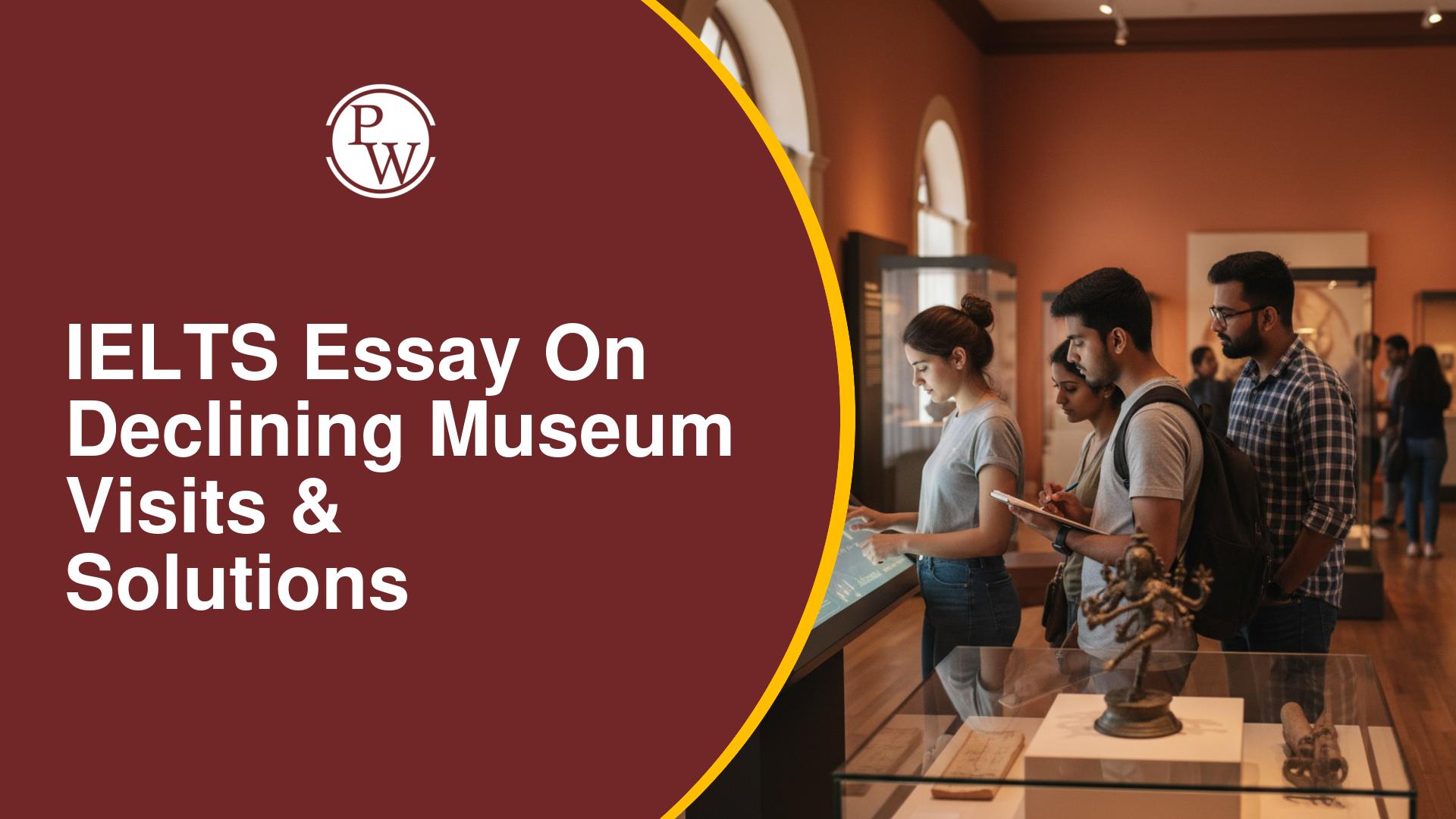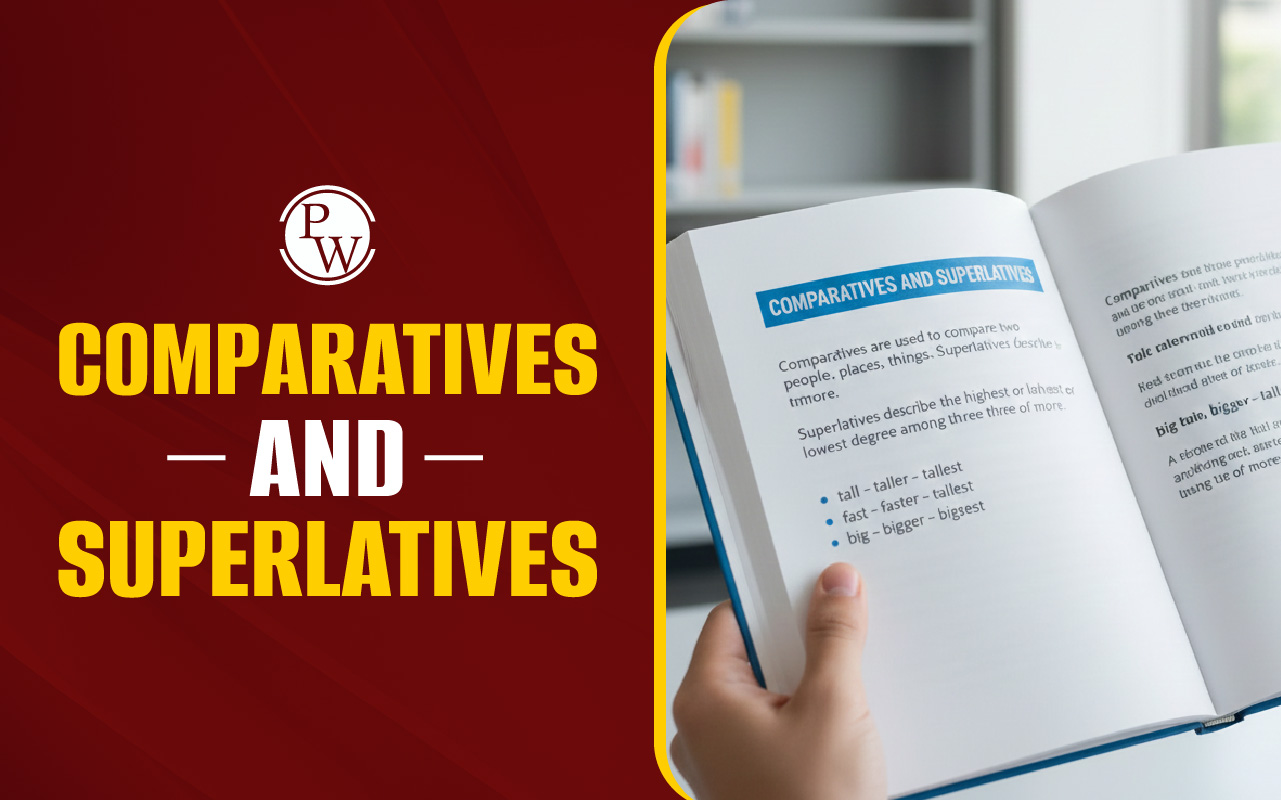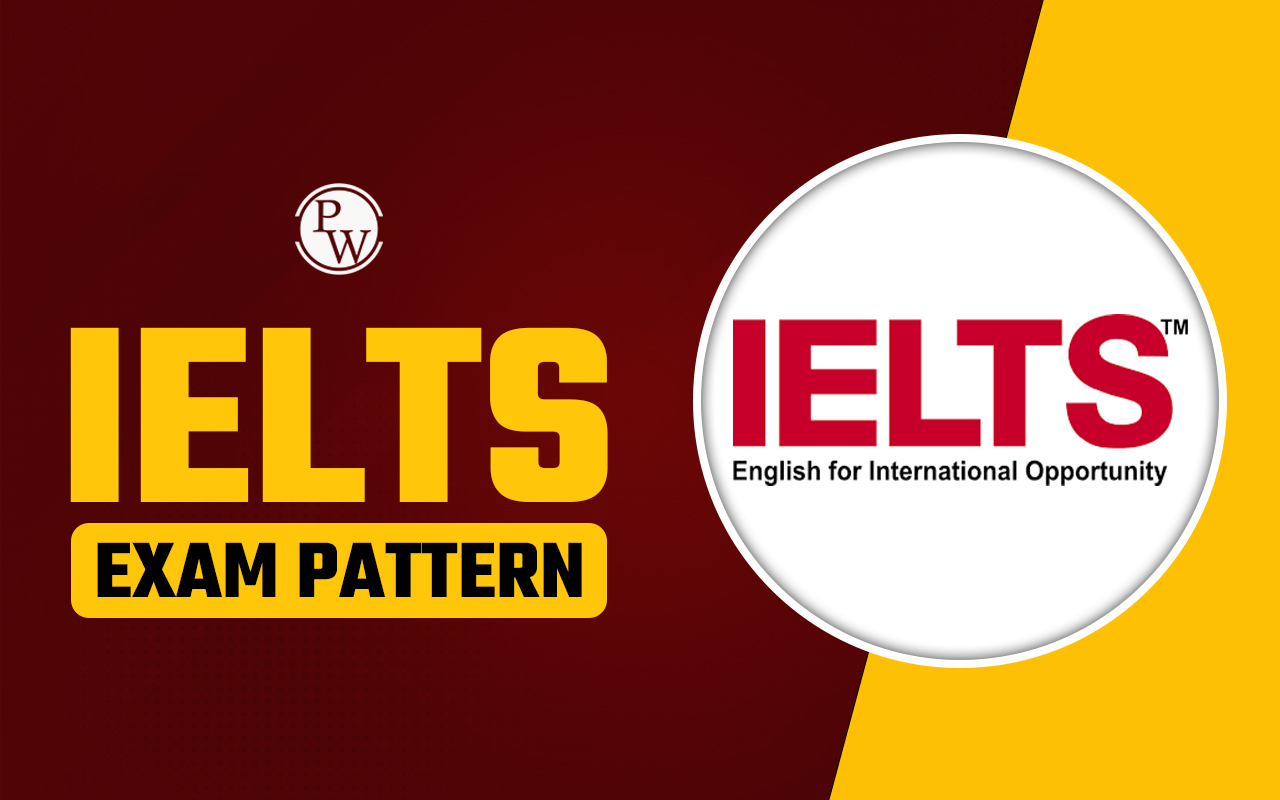
Language Strategy in Multinational Company IELTS Reading Answers: In the IELTS Reading test, candidates often encounter passages related to global business practices and workplace communication. “Language Strategy in Multinational Company” is a typical example of such a passage, examining how international companies manage language barriers in cross-border operations. The text explores various strategies, such as adopting a lingua franca, using interpreters, and implementing long-term training programmes, to ensure effective communication across different linguistic and cultural contexts. Understanding this passage not only tests your reading comprehension but also helps improve your ability to handle academic texts with technical and organisational vocabulary, which is essential for achieving a high band score in IELTS Reading.
Free IELTS Reading Practice Tests
Language Strategy in Multinational Company IELTS Reading Answers Passage
You should spend 20 minutes on Questions 1-14, which are based on the Reading Passage below.
Language Strategy In Multinational Company
Paragraph A. The importance of language management in multinational companies has never been greater than today. Multinationals are becoming ever more conscious of the importance of global coordination as a source of competitive advantage and language remains the ultimate barrier to aspirations of international harmonization. Before attempting to consider language management strategies, companies will have to evaluate the magnitude of the language barrier confronting them and in doing so they will need to examine it in three dimensions: the Language Diversity, the Language Penetration and the Language Sophistication. Companies next need to turn their attention to how they should best manage language. There is a range of options from which MNCs can formulate their language strategy.
Paragraph B. Lingua Franca: The simplest answer, though realistic only for English speaking companies, is to rely on one’s native tongue. As recently as 1991 a survey of British exporting companies found that over a third used English exclusively in dealings with foreign customers. This attitude that —one language fits all has also been carried through into the Internet age. A survey of the web sites of top American companies confirmed that over half made no provision for foreign language access, and another found that less than 10% of leading companies were able to respond adequately to emails other than in the company‘s language. Widespread though it is however, reliance on a single language is a strategy that is fatally flawed. It makes no allowance for the growing trend in Linguistic Nationalism whereby buyers in Asia, South America and the Middle East in particular are asserting their right to —work in the language of the customer!. It also fails to recognize the increasing vitality of languages such as Spanish, Arabic and Chinese that overtime are likely to challenge the dominance of English as a lingua franca. In the IT arena it ignores the rapid globalization of the Internet where the number of English-language ecommerce transactions, emails and websites, is rapidly diminishing as a percentage of the total. Finally, the total reliance on a single language puts the English speaker at risk in negotiations. Contracts, rules and legislation are invariably written in the local language, and a company unable to operate in that language is vulnerable.
Paragraph C. Functional Multilingualism: Another improvised approach to Language is to rely on what has been termed —Functional Multilingualism!. Essentially what this means is to muddle through, relying on a mix of languages, pidgins and gestures to communicate by whatever means the parties have at their disposal. In a social context such a shared effort to make one another understand might be considered an aid to the bonding process with the frustration of communication being regularly punctuated by moments of absurdity and humor. However, as the basis for business negotiations it appears very hit-and-nuts. And yet Hagen‘s recent study suggests that 16% of international business transaction; are conducted in a —cocktail of languages.! Functional Multilingualism shares the same defects as reliance on a lingua franca and increases the probability of cognitive divergence between the parties engaged in the communication.
Paragraph D. External Language Resources: A more rational and obvious response to the language barrier is to employ external resources such as translators and interpreters, and certainly there are many excellent companies specialized in these fields. However, such a response is by no means an end to the language barrier. For a start these services can be very expensive with a top Simultaneous Interpreter, commanding daily rates as high as a partner in an international consulting company. Secondly, any good translator or interpreter will insist that to be fully effective they must understand the context of the subject matter. This is not always possible. In some cases it is prohibited by the complexity or specialization of the topic. Sometimes by lack of preparation time but most often the obstacle is the reluctance of the parties to explain the wider context to an outsider. Another problem is that unless there has been considerable pre-explaining between the interpreter and his clients it is likely that there will be ambiguity and cultural overtones in the source messages the interpreter has to work with. They will of course endeavor to provide a hifidelity translation but in this circumstance the interpreter has to use initiative and guess work. This clearly injects a potential source of misunderstanding into the proceedings. Finally, while a good interpreter will attempt to convey not only the meaning but also the spirit of any communication, there can be no doubt that there is a loss of rhetorical power when communications go through a third party. So in situations requiring negotiation, persuasion, humor etc. the use of an interpreter is a poor substitute for direct communication.
Paragraph E. Training: The immediate and understandable reaction to any skills shortage in a business is to consider personnel development and certainly the language training industry is well developed. Offering programs at almost every level and in numerous languages. However, without doubting the value of language training no company should be deluded into believing this to be assured of success. Training in most companies is geared to the economic cycle. When times are good, money is invested in training. When belts get tightened, training is one of the first —luxuries to be pared down. In a study conducted across four European countries, nearly twice as many companies said they needed language training in coming years as had conducted training in past years. This disparity between —good intentions! and —actual delivery!, underlines the problems of relying upon training for language skills. Unless the company is totally committed to sustaining the strategy even through bad times, it will fail.
Paragraph F. One notable and committed leader in the field of language training has been the Volkswagen Group. They have developed a language strategy over many years and in many respects can be regarded as a model of how to manage language professionally. However, the Volkswagen approach underlines that language training has to be considered a strategic rather than a tactical solution. In their system, to progress from —basics to —communications competence in a language requires the completion of 6 language stages, each one demanding approximately 90 hours of refresher course, supported by many more hours of self-study, spread over a 6-9 month period. The completion of each stage is marked by a post-stage achievement test, which is a prerequisite for continued training. So even this professionally managed program expects a minimum of three years of fairly intensive study to produce an accountant. Engineer, buyer or salesperson capable of working effectively in a foreign language. Clearly companies intending to pursue this route need to do so with realistic expectations and with the intention of sustaining the program over many years. Except in terms of —brush-up! courses for people who were previously fluent in a foreign language, training cannot be considered a quick fix and hence other methods will have to be considered.
Also Read:
Language Strategy in Multinational Company IELTS Reading Answers Sample Questions
IELTS Reading Summary Completion (Q.1–6)
Complete the summary below using words from the passage.
Choose NO MORE THAN TWO WORDS from the passage for each answer.
Many multinational companies realise the importance of global (1) __________ as it can offer a (2) __________. However, before choosing a strategy, companies must understand the language (3) __________ they face. The use of a lingua franca, such as English, is still common but increasingly (4) __________, as many regions want to use their own (5) __________. Moreover, this reliance puts English speakers at a disadvantage during business (6) __________.
IELTS Reading Short Answer Questions (Q.7–13)
Answer the questions below using NO MORE THAN THREE WORDS AND/OR A NUMBER from the passage.
-
What is one reason interpreters may fail to provide full translation accuracy?
-
What is often required between interpreter and client before meetings?
-
What important quality can be lost when communication is through a third party?
-
What aspect of training changes with economic conditions?
-
Which company's approach is used as a model for language training?
-
How many stages must one complete in Volkswagen’s language program?
-
What type of courses can quickly help former fluent speakers?
IELTS Reading Multiple Choice (Q.14)
Choose the correct letter A, B, C or D.
14. What is the writer’s main point about using interpreters in business negotiations?
A. It is effective for long-term planning
B. It improves mutual understanding
C. It may result in misunderstandings
D. It is cheaper than training employees
Language Strategy in Multinational Company IELTS Reading Answers with Explanations
Answers to Questions 1-14
|
Q.No |
Answer |
Location in Passage |
Reference (Supporting Text) |
|---|---|---|---|
|
1 |
coordination |
Paragraph A |
"...importance of global coordination as a source of competitive advantage..." |
|
2 |
competitive advantage |
Paragraph A |
"...global coordination as a source of competitive advantage..." |
|
3 |
barrier |
Paragraph A |
"...evaluate the magnitude of the language barrier confronting them..." |
|
4 |
flawed |
Paragraph B |
"...reliance on a single language is a strategy that is fatally flawed." |
|
5 |
language |
Paragraph B |
"...asserting their right to —work in the language of the customer!" |
|
6 |
negotiations |
Paragraph B |
"...puts the English speaker at risk in negotiations." |
|
7 |
lack of context |
Paragraph D |
"...they must understand the context of the subject matter. This is not always possible..." |
|
8 |
pre-explaining |
Paragraph D |
"...unless there has been considerable pre-explaining between the interpreter and his clients..." |
|
9 |
rhetorical power |
Paragraph D |
"...there can be no doubt that there is a loss of rhetorical power when communications go through a third party." |
|
10 |
investment in training |
Paragraph E |
"...training in most companies is geared to the economic cycle... training is one of the first 'luxuries' to be pared down." |
|
11 |
Volkswagen Group |
Paragraph F |
"One notable and committed leader in the field of language training has been the Volkswagen Group." |
|
12 |
six |
Paragraph F |
"...requires the completion of 6 language stages..." |
|
13 |
brush-up courses |
Paragraph F |
"...Except in terms of ‘brush-up’ courses for people who were previously fluent..." |
|
14 |
C |
Paragraph D |
"...this clearly injects a potential source of misunderstanding into the proceedings." |
| IELTS Reading Band Score | IELTS Listening Band Score |
| IELTS Speaking Band Score | IELTS Writing Band Score |
Guidance of PW IELTS
Physics Wallah offers a few popular online IELTS courses for all students. Follow the latest IELTS articles to better prepare for the exam.
| IELTS Registration | IELTS Eligibility Criteria |
| IELTS Exam Pattern | IELTS Syllabus |
| IELTS Exam Dates | IDP IELTS Test Centers |









